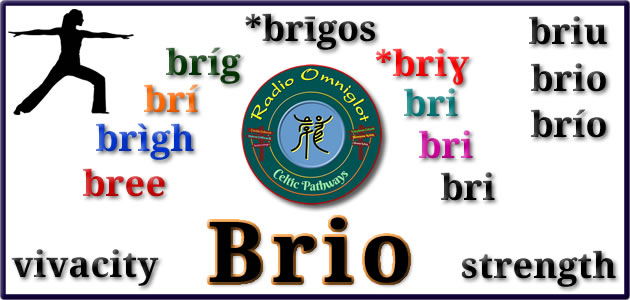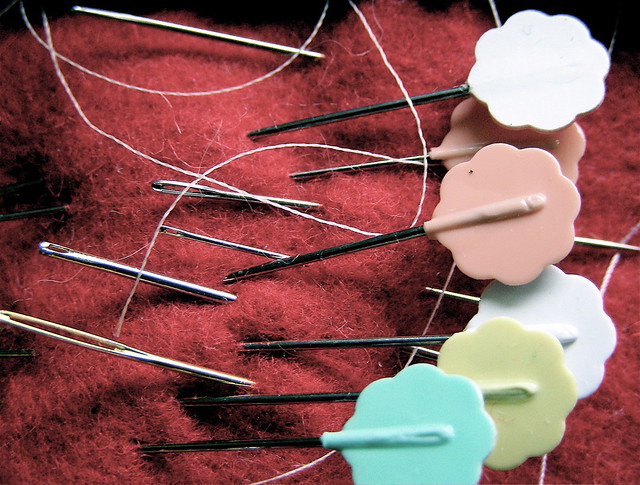Podcast: Play in new window | Download
In this episode we discover the possible Celtic roots of words for larch (tree) in various non-Celtic languages.
A larch [ˈlɑːtʃ/ˈlɑɹtʃ] is a confierous tree of the genus Larix having deciduous leaves in fascicles (bundles). The most common type of larch tree in Europe is the European larch (Larix decidua), which is native to northern Italy. Other types of larch are availble.
The English word larch comes from early modern German Larche/Lärche, from Middle High German larche, from Old High German larihha, from Latin larix (larch), from Ancient Greek λάριξ (lárix – larch, Venice turpentine*), possibly from Gaulish *devro (oak?) from Proto-Celtic *daru (oak), from PIE *dóru (tree) [source].
*Venice turpentine = A thick substance made from the tree resin of the European larch (Larix decidua), formerly used as a component in the oil paintings to create glossy, translucent glazes [source].
Words in the modern Celtic languages from the same Proto-Celtic root include: dair [d̪ˠaɾʲ] (oak) in Irish, dair [darʲ] (oak) in Scottish Gaelic, darragh (oak) in Manx, dâr [ˈdaːr] (oak tree, leader, mighty lord) in Welsh, dar [daːr / dæːr] (oak) in Cornish, and dar [dɑːr] (oak) in Breton [source].
Words from the same Proto-Celtic root in other languages include: làrix in Catalan, lariks in Dutch learag in Scottish Gaelic, larch in English, Lärche in German, and lærk in Danish, all of which mean larch (tree) [source].
Incidentally, the French word mélèze (larch) has doubly Celtic roots: it comes from Franco-Provençal (Dauphinois) melèzo (larch tree), from Vulgar Latin *melice (larch), from Gaulish *mel- (larch) and Latin larix (larch). The Gaulish word *mel- comes from Proto-Celtic *meli (honey) [source].
Words from the same PIE root include δόρυ (dóry – spear) in Greek, terva (tar) in Finnish, dearbh (sure, certain) in Irish, tree, trim, and trough and true in English, and trä (wood) in Swedish [source].
See the Celtiadur post Oak (trees) for more details of words for oak and related things in Celtic languages. I also write about words, etymology and other language-related topics on the Omniglot Blog.
Radio Omniglot podcasts are brought to you in association with Blubrry Podcast Hosting, a great place to host your podcasts. Get your first month free with the promo code omniglot.











